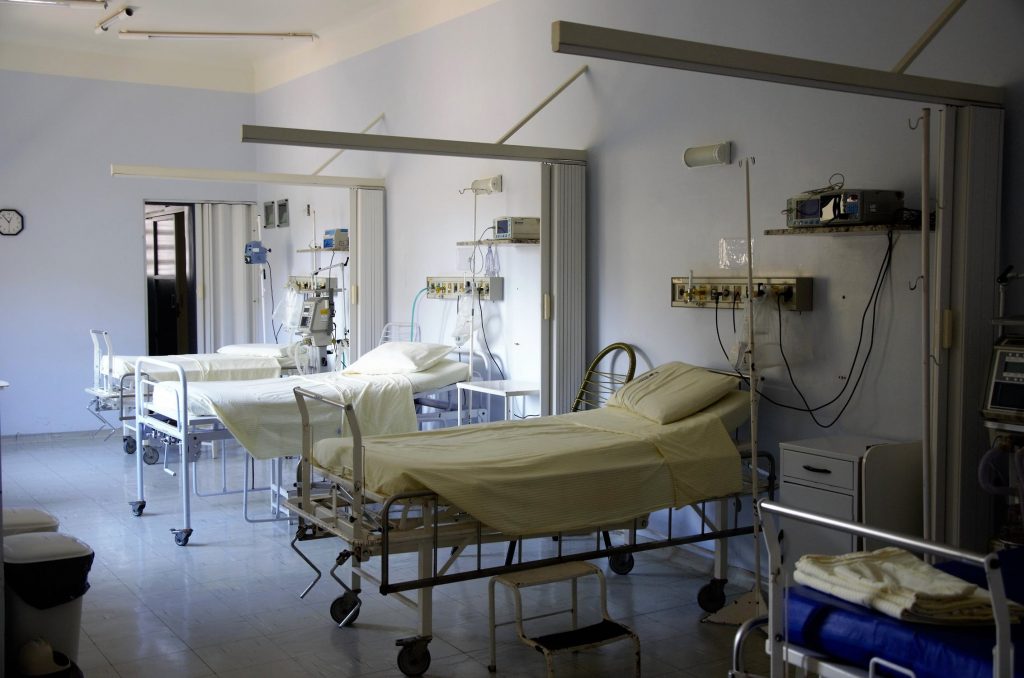GPs have a wide remit. Sometimes so wide they miss key signs or symptoms.
With cancer, if your GP missed something, serious consequences result: reduced life expectancy, reduced treatment options, radicle surgery, unpleasant drug treatment, radiotherapy, uncertain outcomes.
You or your family may feel that going to law is right and fair. Even when it is far from straightforward, even when you know that the legal case will outlive you.
When you’ve known a GP for years, you’re likely to feel reluctant to criticise that person’s failure to diagnose. But delayed or missed diagnosis of cancer tends to start with the GP.
We have all heard anecdotal stories of someone with a bad cough diagnosed as bronchitis, or a stomach ache that was just stress, or back pain that was just one of those persistent strains. These are three people who I know of who died within months of their diagnosis.
My own father died aged 48 of gastro-intestinal cancers in the 1980s when the C-word was only ever spoken in a whisper. It took months for anyone to tell him he was long passed treatment.
We’re more grown up now when facing cancer. You can’t turn on the TV without the words “living with cancer” being said by someone! But still there are mistakes, overlooked signs and symptoms, misinterpreted signs and symptoms, which change lives, or lead to premature death.
I’ve said before in a post, but I’ll say it again: investigating all medical negligence cases always starts with the medical records.
Here are some key questions which must be considered when assessing the records:
- When did you go to the GP?
- What did the GP record in the notes?
- Is this different to what you said? If so, how?
- When you did get referred, what was found, what were the treatment options when the diagnosis was finally made?
- Is there any explanation from the records why the signs or symptoms were missed, and why the referral did not get made?
- Did the GP appear to make a reasonable and proper diagnosis but simply fail to consider other proper diagnoses that could explain the signs and symptoms?
For delayed or missed cancer diagnosis cases, your lawyers must pay close attention to the NICE guidelines – Suspected Cancer: recognition and referral. These offer “best practice advice on the care of people with suspected cancer”.
The guidelines, written for healthcare professionals, aim “to help people understand what to expect if they have symptoms that may suggest cancer”.
NICE is The National Institute for Health and Care Excellence.
Whilst the NICE guidelines are not the bible for cancer care, they are the service standard, and thus the beginning of the legal framework for consideration as to whether a doctor has breached the duty owed to a patient.
According to NICE more than 300,000 new cancers are diagnosed annually.
If you’re one of the new patients (or family of a patient) coming to terms with a missed or delayed diagnosis of cancer, you might wish to go further, to get a lawyer, to look more closely at whether you or your family should seek damages for a life foreshortened, disrupted, complicated, or lost.
